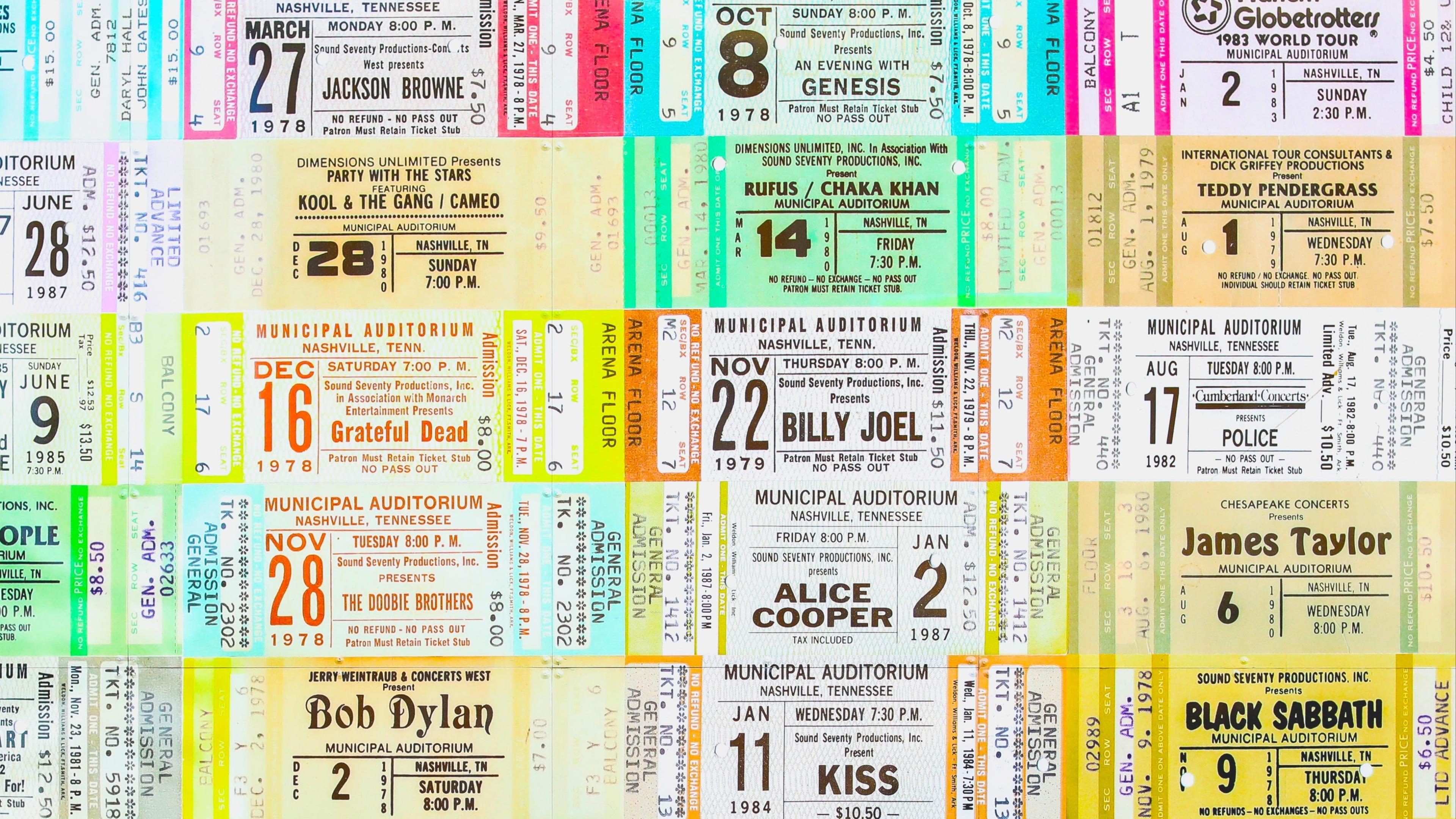Everyday is a Learning Day

Photo by Hans-Peter Gauster on Unsplash
The Learning Trap
When we're entering a new field, or to be honest even when we're not, there is a general perspective that we should be learning constantly. This is how we better ourselves, right? We should be learning something new everyday. How else can we expect to gain knowledge and progress otherwise? I feel like there is a general consensus that we should be doing this as quickly as possible.
I'll be honest, I fell into that trap too - I still do on occasion even though I really try not to. Actually, one of the reasons that I started this blog was to help keep myself on track with my learning. I want to share my learnings for others, of course, but writing each week about something I've been learning or working on helps me cement things in my own mind. This has been great, until I took it too far...I felt like a failure when I was struggling to pick a topic for the following week. What have I been doing with my time if I'm meant to be learning and can't even think of one thing to write about?! The negative feelings were starting to outweigh the positives of my work and causing me to stress.
Importance and Urgency
Firstly, learning should be about learning and then implementing...not about whether I have something to write for a blog that really doesn't impact my work progress or my projects or act as any sort of proof of my competence. It's an extra that I like to do for myself and also with the added bonus that I can share with the community too. Whilst I believe the latter point is important, in the end I am an early career Machine Learning Engineer. I'm not an expert and I'm not an "influencer" - right now my goal is working towards becoming an expert in my field and not an influencer.
Putting it simply, it comes down to that matrix about the level of importance vs level of urgency. I firmly believe that being good at what I do is important, and I also feel like knowledge sharing and community is important. The key difference, though, is that for my goal of being an expert, being good (or at least working towards being good) at what I do is urgent, but my blog is less urgent. They also feed into each other - I don't want to write rubbish for the sake of writing, I want to write about what I'm learning and the nuggets I care share from my experience to help others. To be able to write those things I have to be working towards getting better at what I do.
Really, everything points towards the fact I should be learning as a priority.
What are we Learning?
The question is, how much should I be learning in a given week (or other set unit of time?) Does my learning cadence reflect on my drive to learn and my competency? Well, my instincts say yes. If I can learn new things constantly then I can show that I know things and progress in my field quicker than my peers. I can maybe go for a promotion or get an award or something right?
But hold up, what do we mean by learning? At what point can I say I've learned something...can we ever say we have "learned something" period. Again, my instincts here say yes. It's why I beat myself up regularly - I don't feel like I'm competent in my field because I *still* haven't learned, for example, how to write good technical documentation or how to implement clean CI pipelines without errors. I still need to look up how to connect to a database from scratch even though I've been doing it for a while now. I've learned how to do these things in the past, so why can't I do them?
I think there are two aspects to this answer 1) learning a skill doesn't have a binary output 2) there's such a thing as too much learning.
Having Skills Isn't Binary
How we approach skill learning is probably the larger part of the battle. When we're talking about learning skills in any aspect of life, at what point have we fully learned it. For instance, we might say "I know how to play the piano" or "I learned how to play the piano as a child" - but does that mean you can do all things on the piano? Do people progress from one day not being able to play the piano to reading a bit of music and having one lesson then bam they're able to play the piano? Or did they start simple, practice regularly and built up piano skills to be able to do more and more complex things?
Well, I'm pretty sure it's the latter and that's how I am trying to think about my MLE and MLOps skills. It's not that I haven't made any progress because I need to look things up, ask for help or still can't do things on my own. The learning is evident through my progress from X months ago to know.
If I think back to 6 months ago, I was freezing because I couldn't navigate my way around Azure DevOps and I don't get me start on the panic I felt when I pipeline failed. Now, it's almost second nature to go to where I need on DevOps - I even did a session with an apprentice to show them how I use DevOps. When I pipeline doesn't run, I still don't like it, but I know how to figure out what the issue is and hopefully how I can resolve it. At the very least I know how to ask the right questions to resolve it. That is progress. I'm not a DevOps pioneer, but that's a demonstration of learning right there.
Another really stark illustration of our learning progress is looking at code I've written in the past and realising how critical of it I am, all the things I would do differently.....but we live and learn.
Too Much Learning?
Sometimes in the panic and rush to learn loads and show we know things (to ourselves and others) we can try and pick up lots of new things in quick succession. So we learn some things and then we don't have time to reinforce this learning, or practice, before we move onto the next thing. I find this is a great way for me to forget the start of my learning. I know there's something in there somewhere, I've spent time and energy to increase my knowledge...great. But it's through repetition and practice that the real learnings come - both the long term memory and experience.
It can be a really tough thing to do, to actually slow down our learning to do it more thoroughly and practice. It can sometimes feel like we are doing ourselves a disservice - why would we hang around trying to learn more and more about one topic when there are so many topics to get to know?
My answer is that our learning isn't really about what benefits us in the short term, but how we can use it in the long term. What's the benefit of learning 1 new thing a day if you can't remember the details a month or two later when you need to implement them? You have to redo your learning at that point. Each day you spent learning you're recapping the same things, rather than progressing your knowledge.
Is it perhaps more efficient to learn new things more slowly so that we have the time to reflect and implement those skills before rushing to the next thing? So, yes we are learning every day but we're not learning something new everyday.
Instead of seeing your learning success as how many topics/skills you can "know" in a certain space of time, what happens if you see your learning success as a journey of gaining knowledge bit by bit. Acquiring knowledge to contribute to your expertise in a skill/field, each a piece of the puzzle to the skill(s) you're after.

